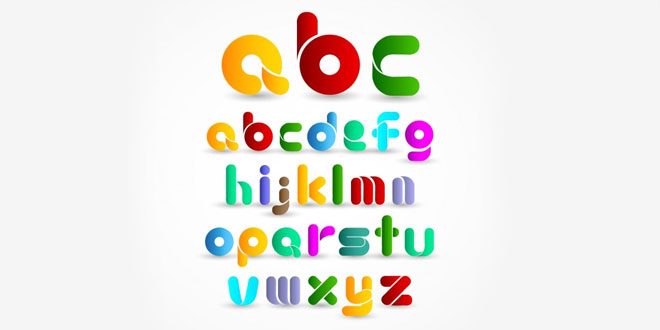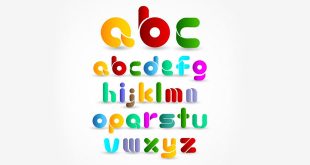Difference Between Complement and Compliment
Compliment
A compliment, as a dictionary would define it, is an admiration remark. The roots of the word compliment come from the Italian word ‘complimento’ and Spanish word ‘cumplimiento’ which further originate from the Latin word ‘cumplir’ which means to be courteous. A compliment means to praise and give someone the best wishes. For instance, we often use a ‘compliments slip’ with a gift to wish somebody. As a verb, ‘compliment’ means to praise someone or the act of praising while, as a noun, compliment is an appreciative remark or the praise itself. The examples below help bring out the difference of the word ‘compliment’ both as a noun and as a verb.
Compliment As A Noun
- Paying compliments is a trait of a content individual.
- He gave me a compliment about by height.
Compliment As A Verb
- I wrote an email to compliment the service and quality of the goods.
- Passers-by stopped to compliment him on his handiwork.
Other Forms
- The word compliment can also be used in the adjective form as ‘complimentary’. E.g. Mark was very complimentary about my dress.
- Compliment also means to get something for free as a courtesy or favor. E.g. I got complimentary drinks at the party last night.
Complement
The word ‘complement’, which shares its roots with the word ‘complete’, means to go well with something in order to make it more attractive and presentable, perhaps even close to perfection. It can either be a person or a thing that works towards completing or complementing something. The roots of the word complement come from the Latin word ‘complementum’ which means completion. Again, the word complement can be used either as a noun or a verb. When used as a noun, it means something that completes and makes something else perfect, whereas as a verb, complement refers to the action of completing and making something perfect.
Complement As A Noun
- Good feta cheese is a complement to Greek salad.
- The French wine was a perfect complement to the gourmet meal.
Complement As A Verb
- How exactly does that scarf complement your dress?
- Janice was wearing a particularly flattering blue dress that complemented her complexion.
Other Forms
- The word complement can also be used as an adjective i.e. complementary. E.g. I’m looking for a pair of socks complementary to my pair of shoes.
More On The Words
- The word complement is also a common term in scientific and academic areas. As in math, one commonly comes across “Find out the complement of x” or even “complementary angles”. Also, someone keen in art would have stumbled across complementary colors.
- There is a common mnemonic used to remember the difference between ‘complement’ and ‘compliment’. The ‘e’ in complement can be mapped to the word complete, as complement means to give something a certain level of completeness and / or wholeness. On the other hand, the ‘i’ in compliment means talking on oneself, as the praise and flattery you receive is all about you. This very simple way of remembering the difference between these two words has been around for a long time and has served the purpose of many a confused soul. Keep this logic near and you won’t have to fear these homonyms ever again.
The examples and explanations used for clearing the cloud surrounding ‘complement’ and ‘compliment’ should have made things a lot more definite for you. Now that you’ve gone through this coverage, we hope that using these words in the right place and at the right time wouldn’t be a big deal for you in future.
 Class Notes NCERT Solutions for CBSE Students
Class Notes NCERT Solutions for CBSE Students


